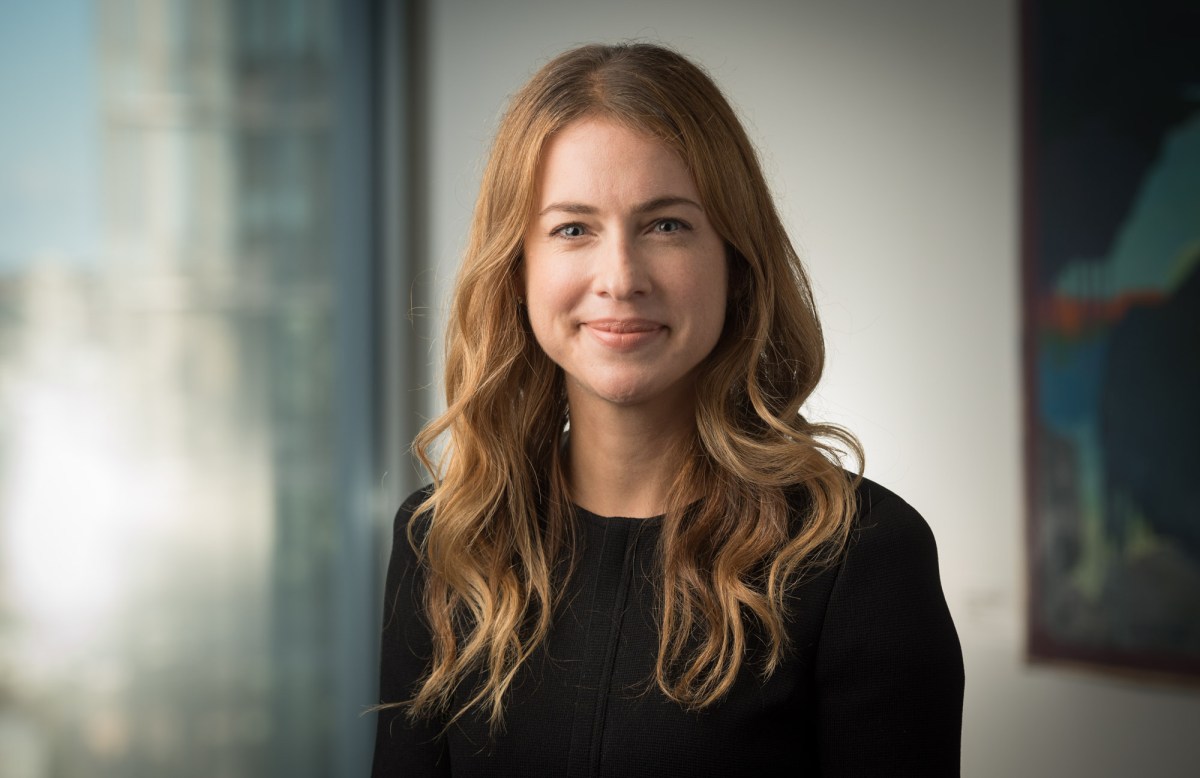Gillian Gordon is Head of Alternative Investments & Responsible Investing, at JBWere.
What was your first job?
First ever job: a seamstress assistant sewing beads onto wedding gowns after school. First ‘real’ job: Deloitte Consulting Australia on their graduate programme.
When did you know you wanted to work in finance/business?
At a very young age – I remember seeing ‘Working Girl’ with Melanie Griffiths, she wore a suit and worked in a high rise building and I knew I wanted to be like her. I was a kid from rural Australia and at the time I’d never met anyone who worked in finance, male or female, nor had I seen a skyline like New York City in real life, so it was quite a lofty goal!
I was always thinking of ways to make money as a kid and started investing in high school with money I saved from my part time jobs.
When did you first discover the concept of Impact Investing?
In 2008 when I was working on Standard Chartered Bank’s (SCB) trading floor in London I came across the ‘impact investing’ concept in conversations with Scandinavian clients. That sparked my interest and I then became involved in SCB’s global sustainability committee and started sourcing responsible investing focused opportunities for clients.
What’s one exciting development you and your team have in the pipeline?
We are continuously evolving our approach to responsible investing at JBWere, which includes impact investing opportunities. A client’s individual values, which drives their impact focus, is unique to each client, so I’m excited by our team’s focus on continuing to grow the impact investment choice our interested clients have to invest for both performance and purpose.
One key impact investment evolution I’m also excited by is more specific impact investment opportunities focused on climate change and the net zero transition as opposed to simply ‘general’ impact investing opportunities.
What was the most interesting impact deal (from any team across Asia/Pacific) in the past 12 months?
Focusing on domestic impact opportunities, we provide opportunities for clients to invest in Specialist Disability Accommodation (SDA) and I think this is a great example of an attractive institutional grade impact investment. In addition, I think social housing, which typically has a less wholesome image than SDA, is a growth impact investment opportunity in Australia, and I believe this space will further institutionalise.
What’s your vision for impact investing in 5 years time?
I hope to see impact reporting integrated into mainstream investing, with a globally agreed framework. Every investment, whether deemed ‘impact’ or not, does in fact have an impact, positive or negative.
Therefore my vision for the future is for clients to be able to see their entire multi-asset portfolio through a lens of risk, return and impact.

